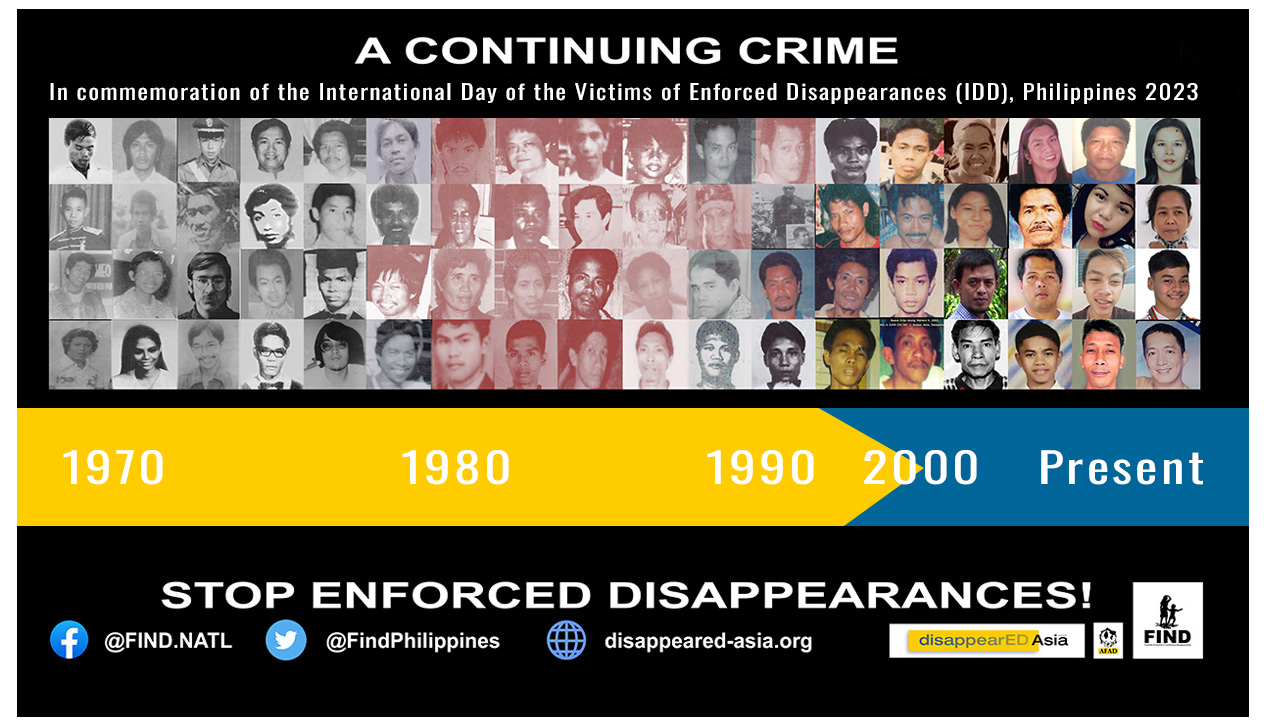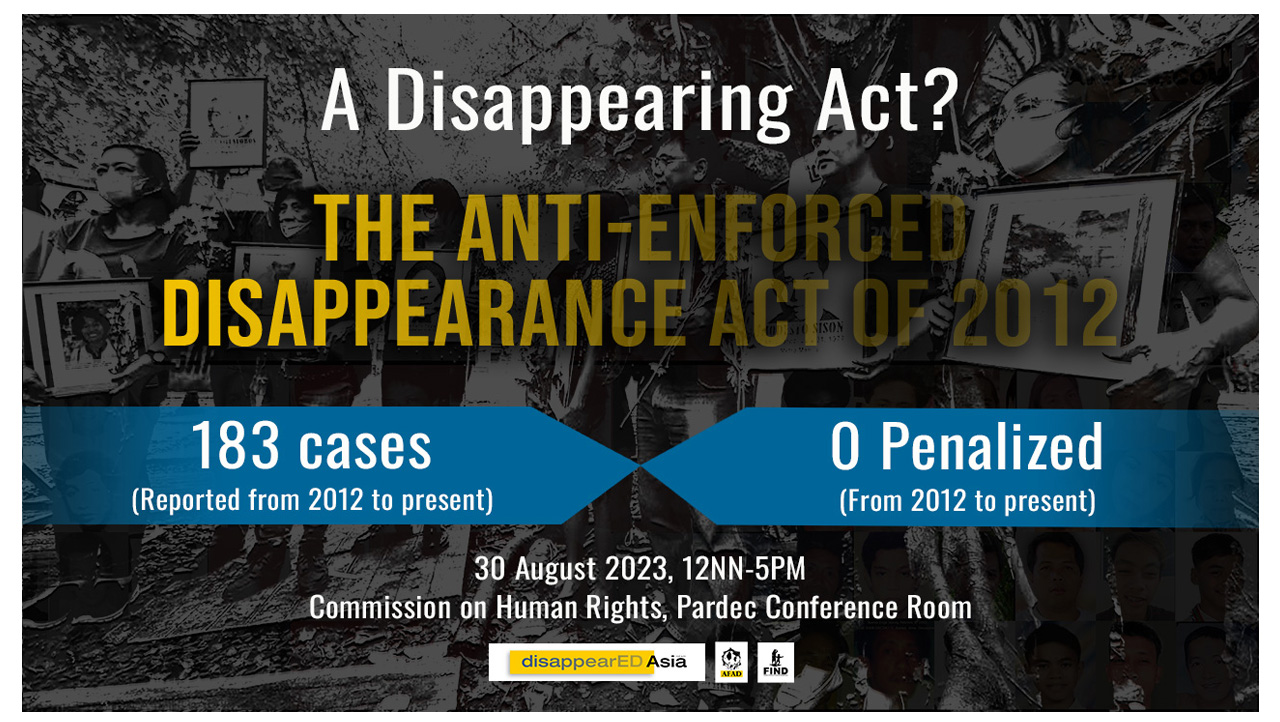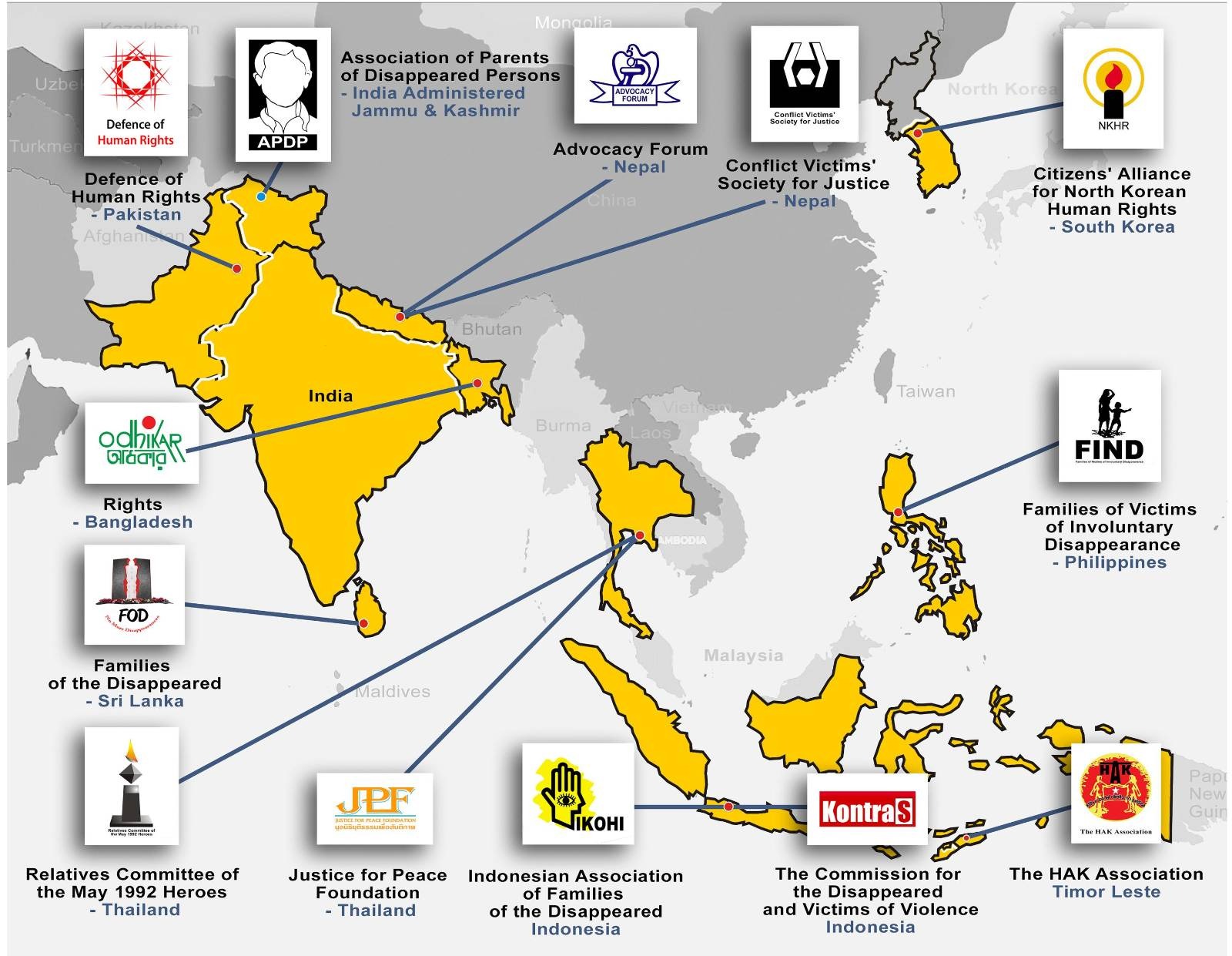What's Happening
February 2016 Issue: The Voice
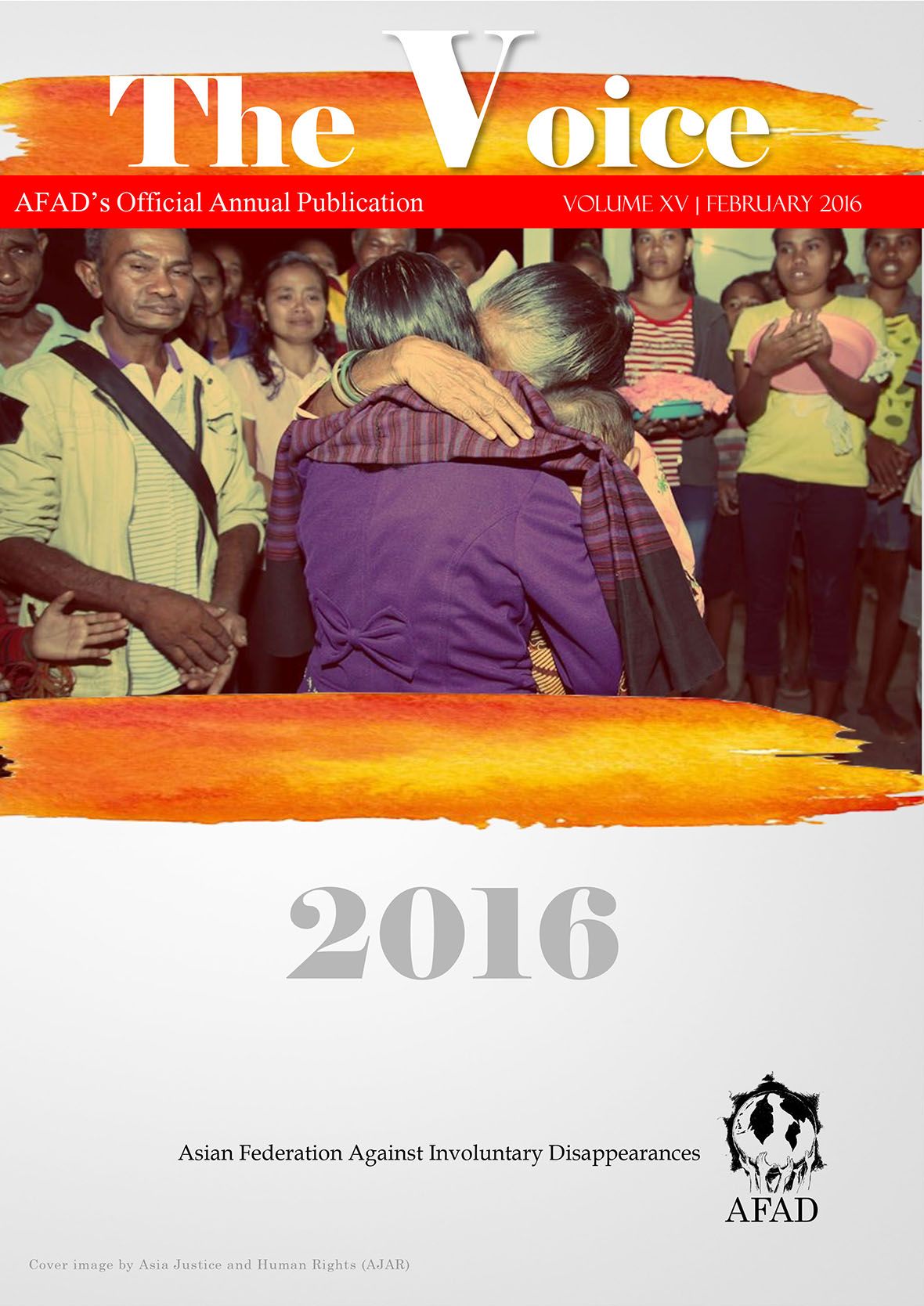
Unbowed: Asia fights for truth and justice
Unlike in some countries where the number of cases of enforced disappearances and other forms of human rights violations is decreasing, Asian states are witnessing an upsurge in new cases. It is quite unfortunate that we do not have many examples of ways to solve this problem in Asia, which the governments can follow to end the vicious cycle of impunity.
In the Philippines, former president Ferdinand Marcos’ Martial Law had ended but the phenomenon of enforced disappearance has not. Suharto’s dictatorship in Indonesia had also collapsed but Aceh and West Papua continue to witness enforced disappearances. Nepal has seen an end to its armed conflict, yet the leaders who swore to protect freedom and democracy deny the people of justice. Sri Lanka has seen 60,000 people disappeared over the last several years. The Bangladeshi government claims to prosecute the alleged perpetrators of crimes committed in the 1971 war for independence, but its hands are also drenched with the blood of its own people. South Korea demands justice for the transgressions of North Korea, but hardly sees anything outside of it. In Kashmir, disappearances continue and India still refuses to tell the truth about the 8,000 people disappeared and has yet to prosecute perpetrators.
Odhikar: Human Rights Monitoring Report, January 2016
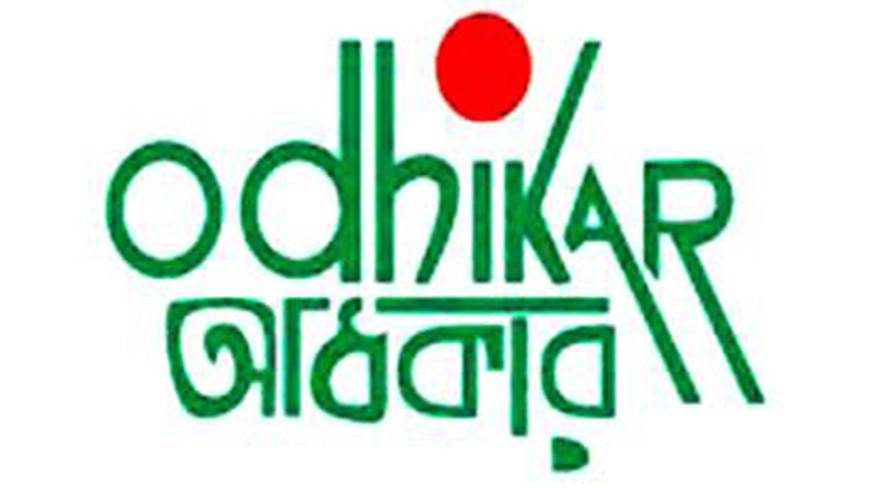 Odhikar believes that ‘democracy’ is a form of the State and that freedom and human rights are its foundations. Democracy is not merely a process of electing a ruler; it is the result of the peoples’ struggle for inalienable rights, which become the fundamental premise to constitute the State. Therefore, the individual freedoms and democratic aspirations of the citizens – and consequently, peoples’ collective rights and responsibilities - must be the foundational principles of the State.
Odhikar believes that ‘democracy’ is a form of the State and that freedom and human rights are its foundations. Democracy is not merely a process of electing a ruler; it is the result of the peoples’ struggle for inalienable rights, which become the fundamental premise to constitute the State. Therefore, the individual freedoms and democratic aspirations of the citizens – and consequently, peoples’ collective rights and responsibilities - must be the foundational principles of the State.
AFAD CONDEMNS TIMOR-LESTE GOVERNMENT’S HARRASSMENT AGAINST ASOSIASAUN HAK MEMBERS
27 January 2016, Manila, Philippines — The Asian Federation Against Involuntary Disappearances (AFAD) strongly condemns the deplorable harassment of Timor-Leste State agents against Adelio da Costa Fernandes, a human rights activist working for Asosiasaun HAK, a member organization of AFAD, that took place on 26th January 2016.
On the occasion of the visit of the Indonesian President Mr. Joko Widodo in Timor-Leste, the Timor-Leste Defence Force (F-FDTL) went to HAK’s office asking to use the venue as a “security base” given its proximity to the Indonesian Embassy. Upon seeing that one member of HAK staff, Adelio da Costa Fernandes, was wearing a t-shirt with “Free West Papua" printed on the front, one F-FDTL forced said staff to take it off because of the statement.
AFAD Strongly Condemns Deportation of Council Member by Malaysia Gov’t
Manila, Philippines—The Asian Federation Against Involuntary Disappearances (AFAD) strongly condemns the deportation of its Council Member and former Chairperson, Mugiyanto, by Malaysian authorities last January 7, 2016. Mugiyanto, an Indonesian human rights defender and co-founder of the Indonesian Association of the Families of the Disappeared (IKOHI), arrived at the Kuala Lumpur International Airport that day at around 11:30 AM where he was then held and interrogated by three police officers, including one anti-terror unit. Mugiyanto was travelling to Kuala Lumpur on invitation to speak at the #YellowMania forum organized by Malaysian electoral rights group, Bersih.

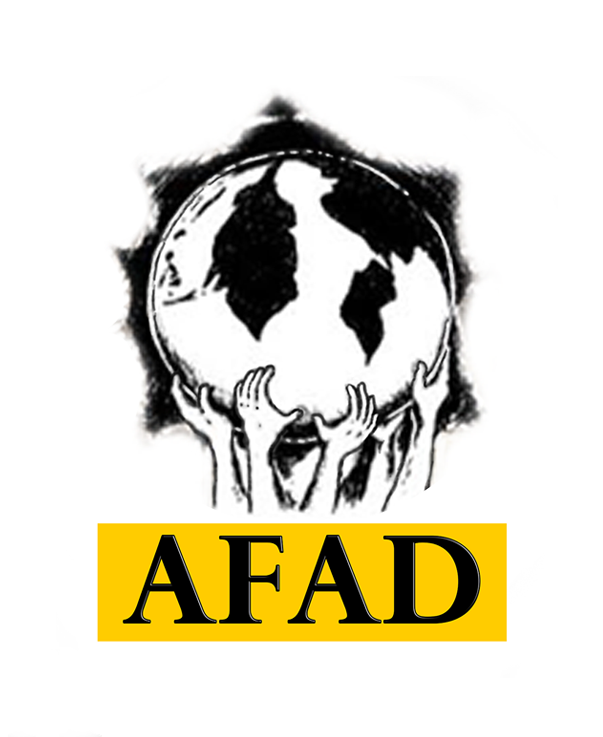 Asian Federation Against
Asian Federation Against 